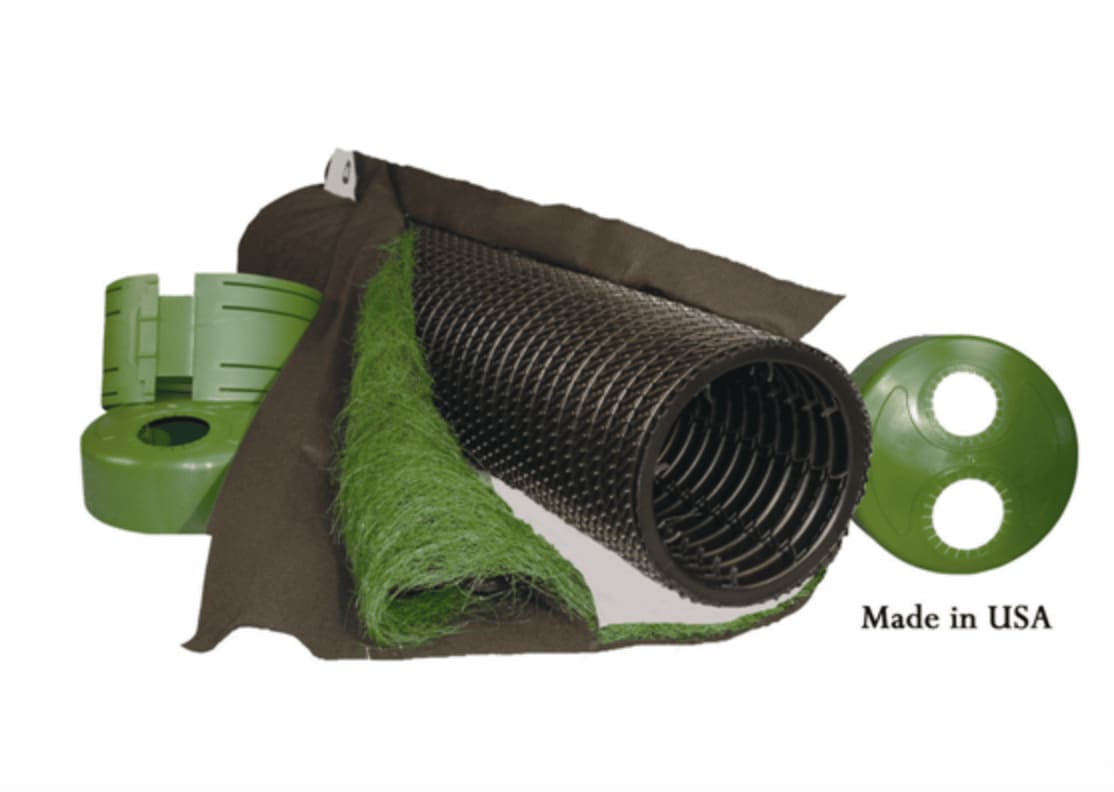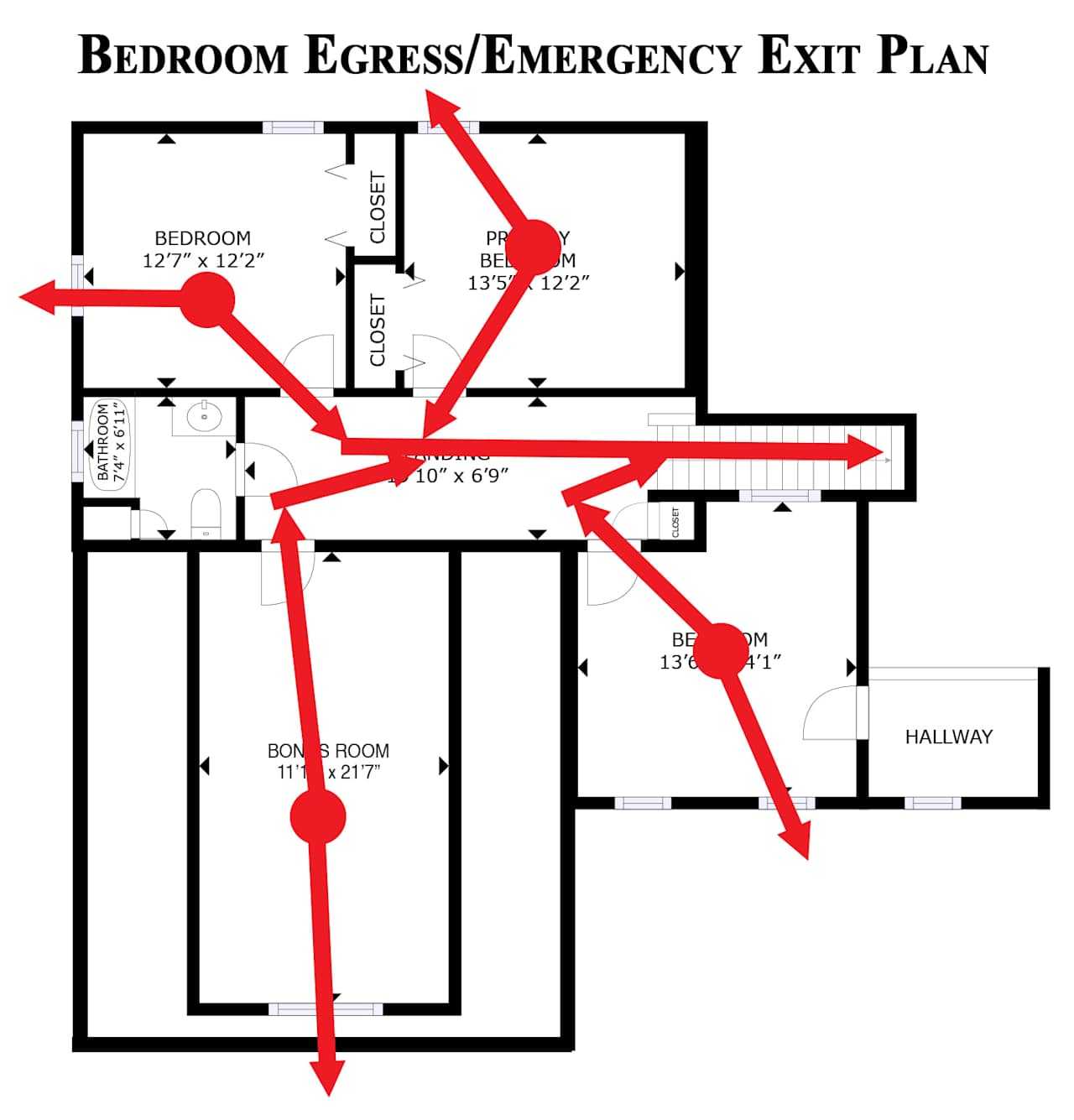What Does It Cost To Run A Home-Septic or Sewer
Cost To Run A Home

Cost To Run A Home

Septic or Town Sewer
For all builders town sewer is the best, but is it best for the home owner? Lets do a few numbers to see if it works - a typically septic system costs between $15-50,000. Then you are told to pump them ever few years. The average life of a septic system is 40 years. So lets go out 40 years and assume the system cost about $20,000. It cost about $350 to pump the system, so if you have it done every 2 years that is about $7000 over 40 years, for a projected total of $27,000. This is about $56.25 per month. It you take the average home at 3.5 bedrooms, and assume they use the MAX of 110 gallons per day (not real as today we have so many water saving devices) that is about 440 gallons per day, and the average price for sewer in our local city is $4.21 per unit (unit is 750 gallons) so in this case the cost of the sewer for that one day is $2.46 per day or $74 per month. Now that is a maximum number, lets look at a real set of numbers: 3 bedroom homes flushes the toiled 6 times a day, and has 3 showers a day, and does 4 loads of laundry a week and runs the dish washer 2 times a week. When you add all this up you come to about 650 gallons per week. This changes the cost per month to about $15. So now take $15 and times this by 40 years and the projected cost could be $7,200. You can see that the cost of a town sewer connection, is significantly less than a septic system in this case. You should do your own research for the town you are considering moving to before you make the decision to connect to the town or install a septic system.
Septic systems are a way for your home or business to remove the waste water from the toilets, wash machine, dish washer, shower, sinks, etc. to tank in the yard. Commonly used in rural areas without centralized sewer systems. Each septic system is designed to meet the needs of the building that is attached to it. A septic system is made up of a tank(s), a distribution box, and a leaching field. The tank(s) are sized to the number of bedrooms. The Title V rule is 110 gallons per bedroom, times 2 gives you the tank size. Example: 4 bedrooms times 220 = 880 but you must have a minimum tank size of 1500 gallons. Now each town could have different rules, so you should check with your local health inspector.
A typical septic system has the waste water flow into the tank(s), the solids sink to the bottom and the oils and items lighter water float on top. Inside the tank is a pipe that allows the water from the tank, about 6" below the top water level, out to a distribution (D Box) box. [Now this is not the way if you have an engineered system, I discuss this later on in this article.] The reason for the pipe that is below the water level is you do not want the items that are floating on the top of the tank to get into the leaching field pipes as this will clog them and cause the system to fail.
This "D' box as they are called is a way to distribute the Gray Water (water that does not have solid waste) out to the leaching field pipes that have holes in them, and are buried in the ground in the yard . The gray water is absorbed into the ground.
In Massachusetts we have Title V. Title V is a set of rules defining the proper function of a septic system. When a house that has a septic system is to be sold, the owners should have a Title V test done of the system. They come to your property, most times with a small excavator, and dig down to the D-Box, and the septic tank covers. They take the cover off the D box and put a camera up the pie to the tank, and then through all the pipes in the septic field. They are looking for clogs or failures in the system. Then they pump the tank, and inspect the tank. Should they find all systems working fine, they complete the Title V report with a over view of the home/building. The tank and system is designed for X number of bedrooms, so should the home/building have been modified to have more bedrooms then the system was designed for, the home should be sold as defined by the septic system capacity.
If you are building a new home or replacing an exist septic system, there are a few ways to have a septic system. One is gravity fed, where the tank is down hill from the building, and the field is down hill from the tank. This is the best system and in most cases is less expensive then the second type. The second type is a raised system, this is created because the water table is too high on the property. The water table determines the height of the septic field. To determine the water table, test holes are dug in areas where the septic field is scheduled to be installed. They pore 10 gallons of water into the holes and count how long it takes for the water to dissipate into the ground. Along with this they look at the type of soil they dug up, and the ground colors, as this tells the experts on the conditions of the ground. Should they ground water be at a level that requires a raised system, they will create the septic filed above the ground and then bring in special fill to make a large area for the septic field to drain property. You will see this at lots of homes, as they have a large mound with a white pipe on it, this is the vent pipe (called the stink pipe). This pipe is at the end of the septic filed and helps vent the field.
Here are the 4 major types of septic systems, the first is a standard, the following 3 are all engineered.
Conventional:
The system uses 1 septic tank for gravity fed, or two tanks for pump and grind system. The gravity fed is just what it sound like, all the water flows down hill. First into the tank, typically 1500 gallons, then to the D Box. The D Box distribute the gray water to the leaching field. The leaching field is perforated pipes in the ground that leach the gray water back into the porous ground. The Pump & Grind system consists of a smaller tank that is down hill from the home. All water and solids flow to the small tank. In the tank is a grinder pump that grinds up all the solids and pumps the gray water and the solids up hill to the septic tank. Then the systems works just like a gravity fed system.

Presby:
By utilizing simple yet effective natural processes, the Presby Treatment System treats septic tank effluent in a manner that prevents suspended solids from sealing the underlying soil, increases system aeration, and provides a greater bacterial treatment area (“biomat”) than traditional systems. The system uses the same tank, same D Box, but the difference is the distance between the pipes in the leaching field, and each of the pipes is wrapped with a special material to slow down the drainage process into the ground. Presby systems are used when the ground has a slow perk rate and/or you need to build the field in a tighter space by putting the pipes closer to each other.
Anaerobic:
Anaerobic septic systems involve the use of bacteria that don't require oxygen to live. In an anaerobic system, you've got a septic tank with two main pipes. One of these goes to the house, and the other heads out into your yard. That main pipe splits into several pipes that sit just below the surface of your lawn.
Inside the septic tank, solid waste settles and is eaten by the anaerobic bacteria. Liquid waste floats to the top. Wastewater from the tank moves out to the smaller pipes under the surface, which have holes at their ends. The wastewater then filters or "percolates" out into the soil. Typically this system uses two tanks.
Aerobic:
An Aerobic Wastewater Treatment System - often called an Aerobic Septic System - is a small-scale sewage treatment system similar to a septic tank, but which uses an aerobic process (adding air or oxygen) for digestion rather than the anaerobic (without air) process used in septic systems.
Adding air promotes the growth of organisms that break down the solids, which are put through a clarifier and chlorinated for disinfection which produces a cleaner, more environmentally friendly discharge. This cleaner discharge eliminates the need for a drainage field (leach field) allowing the system to be installed on a small property where a standard septic tank system would not have been possible. Typically this system uses 3 tanks and is ideal for areas where the space for a septic system is very small and/or close to a body of water and no room for a proper septic system.
We hope you have enjoyed this BLOG, please keep coming back for more helpful information.
About The King Team
David & Fiona King - The King Team, are a dynamic duo leading a group of seasoned professionals specializing in various real estate sectors. The team's broad expertise spans new home construction, sub-division and land development, commercial property, and multi-family and single-family homes.
David and Fiona are committed to making the buying or selling journey enjoyable and informative. The team prides itself on excellence in customer service, always prioritizing their client's interests in every transaction. Contact them today to get started!
Beyond their real estate prowess, The King Team also holds expertise in Lake Home Sales & Acquisition, Land Development & Commercial Real Estate, providing a comprehensive service to their clients. The team is devoted to realizing their clients' real estate dreams and is eager to cultivate long-lasting relationships built on trust and mutual respect.
David & Fiona King - The King Team, have over 40 years of experience and over 125 five-star reviews. With their top-tier service and professional guidance, you can confidently navigate your next real estate journey.
NO OTHER AGENTS do what the KING TEAM does for their sellers. From the custom signs, large EDDM mailers, 3D Virtual Tours, and so much more – call the King Team to discuss listing your home. Call 888.THE.KING - 888.843.5464

A beginner’s guide to investing.

Discovering natural beauty.

Discover the Unique Lifestyle and Perks of Living Near Alabama's Lewis Smith Lake.

Your Guide to Choosing the Right Professional for Your Property Needs.

Expert Advice for a Smooth Transition for Your Furry Family Members.

Discover the culinary gems of Cullman, Alabama, from cozy cafes to upscale dining experiences.

Cost To Run A Home
What is a Legal Bedroom

The Essential Guide to Maximizing Your Sale in Alabama's Lakefront Paradise.

Navigating Real Estate with Expertise: The Journey of The King Team.
We pride ourselves in providing personalized solutions that bring our clients closer to their dream properties and enhance their long-term wealth. Contact us today to find out how we can be of assistance to you!